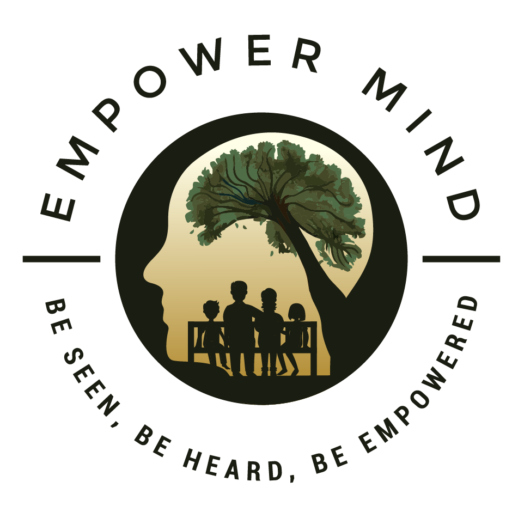
If you experience extreme levels of energy and enthusiasm, followed by severe bouts of depression, you may have bipolar disorder. This is a dangerous condition that too often goes untreated. The best thing to do is contact a doctor experienced in diagnosing and treating bipolar disorder. First, find out if you truly have some type of condition. Second, receive the proper treatment before you face unwanted consequences.
Manic depression is a mood disorder that involves extreme mood swings. A broader term, called bipolar disorder, encompasses a wider variety of mood swings. Understanding these extreme mood swings is the beginning of being able to safely navigate and control your moods to keep them from interfering with your daily life.
With bipolar disorder, you experience wide ranges in your moods — from significant sadness, known as bipolar depression, to extreme euphoria, called mania or hypomania. Your mood swings may occur occasionally, or they may cycle rapidly several times a year. Bipolar disorder is a lifelong condition with no known cure, but you can learn to manage it.
While a qualified psychiatrist can diagnose the condition at any age, the most noticeable symptoms appear in your late teens or early twenties. The experienced practitioner — serving patients in — successfully manages the condition with a bipolar disorder treatment plan.
Manic depression is only one type of bipolar disorder. Not all bipolar disorders are manic depression. Other types of dramatic mood changes are related but have different symptoms, causes, or treatments.
Understanding your specific condition by focusing on your unique symptoms allows your doctor to tailor a successful treatment plan. The best treatment for bipolar disorder for you takes into account your diagnosis. The types of bipolar disorder include:
Severe mood swings can become dangerous, as prolonged feelings of depression can lead to self-harm, substance abuse, and even suicide. At the same time, prolonged mania affects your sleep, judgment, and ability to think clearly. Extreme disrupts your life.
Connect with a specialized psychiatrist at Empower Mind to screen for biological causes of your mood swings. Symptoms that an experienced psychotherapist recognizes when diagnosing bipolar disorder include:
While your mood swings may be extreme, you still may not seek treatment for some time. The feelings of euphoria can be so pleasant that you may not even want to control them. The most dangerous complications result when the high feelings of euphoria are followed by severe lows.
Consequences range from poor work performance to financial or legal problems. Damaged relationships, substance abuse, and even suicide attempts aren’t uncommon. There’s hope. Effective bipolar treatments include:
Bipolar disorders are complicated, but they’re manageable with proper education, medication, and support from an expert in the field. , Contact Empower Mind where you’ll find both in-person opportunities for specialized treatment and telepsychiatry options that allow you to begin your treatment as soon as possible. Weekend and after-hour appointments are available.

A mental illness is a condition that affects a person’s thinking, feeling, behavior or mood. These conditions deeply impact day-to-day living and may also affect the ability to relate to others. If you have or think you might have a mental illness, the first thing you must know is that you are not alone.
Copyright © 2023 — All rights reserved by Empower Mind | Website Made By SalesEnzine.